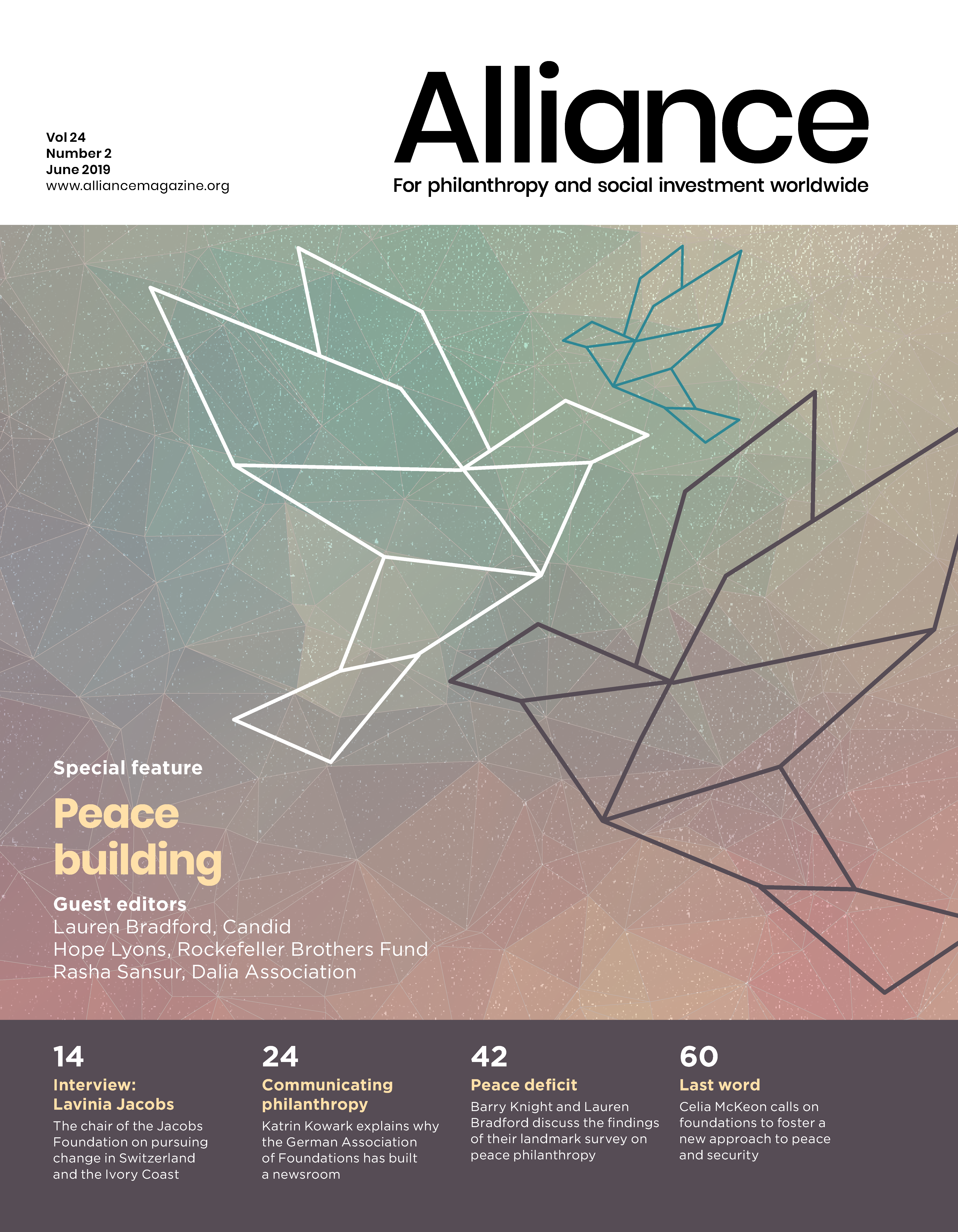Shared understanding of environmental concerns is at the heart of trying to build a peaceful and border-free South Asia
The South Asian Voluntary Association of Environmentalists (SAVAE) is over a decade old. Its background was the need for South Asian regional cooperation for the conservation of water and other environmental resources, and planning for the natural disasters that are now routine in this region.
For donors, in a conflict the priority is to safeguard human lives, and a significant portion of funding goes into advocacy for human rights. The idea of environmental conservation does not even figure in donors’ thinking.
One of the problems we faced initially was that we were working against the backdrop of the ongoing conflict in the densely militarised region of Kashmir, which is claimed both by India and Pakistan. Our every move would be scrutinised by both governments, each suspecting that we were part of some underhand design on the part of the other. However, we remained resolute in our mission of conservation, which paid dividends, and our field operations and awareness-raising efforts have come to be well regarded by the region’s various stakeholders.
Apart from the suspicion that all non-profit organisations face in a conflict region, fundraising is an uphill task which often chokes them to death. For donors, in a conflict, the priority is to safeguard human lives, and a significant portion of funding goes into advocacy for human rights. The idea of environmental conservation does not even figure in donors’ thinking, though conflict regions need donors’ attention just as much as those at peace.
Our view is that peace can be promoted through shared understanding and attention to environmental problems. It’s an idea that underlies each of our four programmes: climate change, water, food and energy security of the region.
In fact, our view is that peace can be promoted through shared understanding and attention to environmental problems. It’s an idea that underlies each of our four programmes: climate change, water, food and energy security of the region. We are working towards raising awareness of the shared environmental problems of South Asian countries. With a dream of having organisational chapters in a cluster of nations including Bangladesh, Bhutan, India, Maldives, Nepal, Pakistan, and Sri Lanka, our aim is to identify cross-border communities, and use their dependence on shared environmental resources as a basis for developing dialogue and cooperation on the sustainable development of the region. In this way, SAVAE expects to build trust and understanding that will lead to collective problem-solving and peace-building among communities even amid conflicts like Kashmir and demonstrate how the mutual interest of ecological cooperation can bring nuclear powers like India and Pakistan to the table to talk about peace and reconciliation.
In pursuit of this, we have been working with entities like Global Nature Fund, Global Water Partnership, India Water Partnership, Gender Water Alliance, Wockhardt Foundation, Marvel Technology, CSR Times and Climate Reality Project. We successfully executed projects such as the formulation of the Zonal Water Partnership for North Zone in which SAVAE partnered with many state-based organisations in India. We were the lead organisation in North India for a national project, Social and Technological Solutions for Significant Water Challenges facing India, supported by the Indian government’s Department of Science and Technology.
I firmly believe that ecology is going to be at the core of peace talks between the contending nations and can potentially foster regional cooperation among the South Asian countries. That is why we at SAVAE envision a border-free South Asia where all regions commit to protecting, sharing and sustaining natural resources. We face many potential bottlenecks, operational challenges in our work to make the region of South Asia an example of resource-pooling initiatives, cross-border cooperation and justice for all. Unrestricted funding for the cause is what will make it happen and should be a priority for the donors.
Bilal Ahmad Pandow is founder of the South Asian Voluntary Association of Environmentalists.
Email: ibilalhussain@gmail.com
Twitter: @savae8







Comments (0)